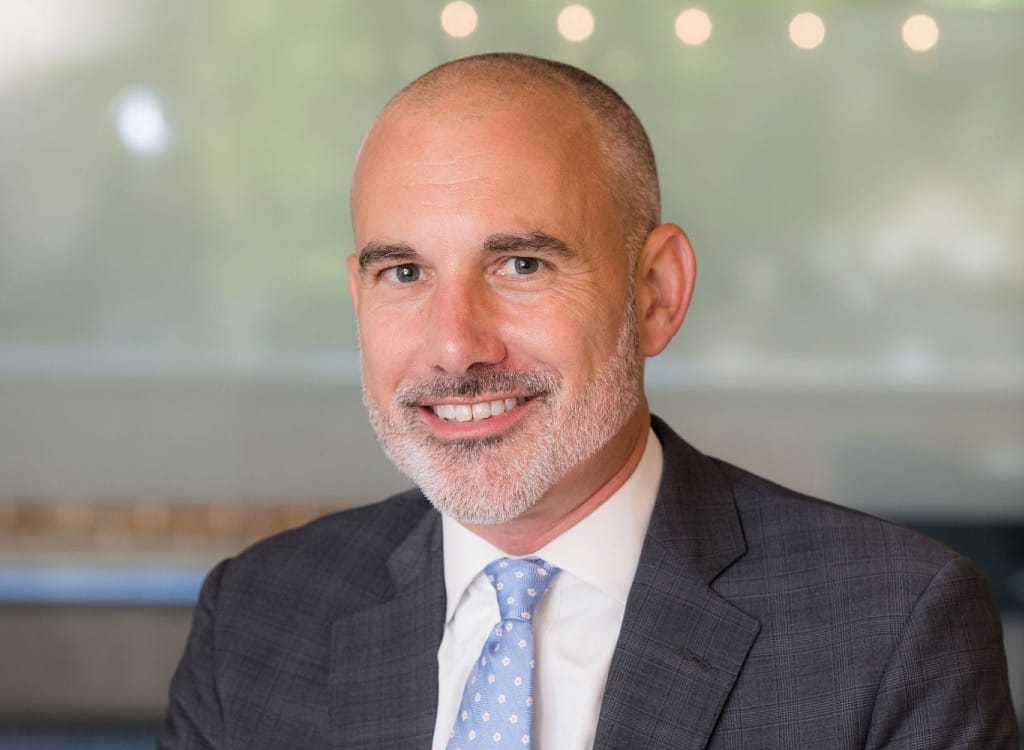Wireless Group Hoping for Permitting Reform Under Trump
The Wireless Industry Association supported a 2023 bill that would ease local permitting for carriers.
Jake Neenan

WASHINGTON, Jan. 14, 2025 – Permitting reform is at the top of the wireless industry’s wish list for 2025, according to one of its principal trade groups.
“Reducing delays and streamlining deployment should continue to be a north star for the new Administration to ensure the ubiquitous deployment of 5G and beyond,” Wireless Infrastructure Association CEO Patrick Halley wrote in a policy roadmap from the group. “Putting America’s infrastructure needs first requires vision and a mission-driven sense of purpose.”
WIA counts the major mobile carries—AT&T, Verizon, and T-Mobile—plus vendors and broadband providers among its members.
The group primarily pushed for the passage of the American Broadband Deployment Act, a bill introduced in 2023 that aimed to expedite broadband deployment projects. The legislation, introduced by Rep. Earl Carter, R-Ga., made it out of the House Energy and Commerce Committee on partisan lines but failed to become law.
The bill would institute shot clocks for local permitting reviews, limit rights-of-way fees, nix reviews for smaller changes to wireless sites, and ease the siting process on federal lands, among other things. Some of the changes would codify existing Federal Communications Commission policies.
National groups of local governments had opposed the ABDA, saying it would wrest more control away from municipalities and counties.
“To be clear, WIA values and respects the need for local permitting processes,” the group wrote, but noted it was looking for “safeguards built in where the level of review becomes unpredictable, untimely, disproportionate, or unworkably opaque.”
The group will likely have an ally on the front at the FCC. Commissioner Brendan Carr, tapped to head the agency under the incoming Trump administration, spoke positively about the ABDA and voted in favor of the agency’s wireless siting rules that would be enshrined by the law.
WIA asked that the agency move to reinstate a provision of a 2020 order that courts struck down in September—the order was challenged by more than 700 local governments, but largely upheld. The tossed rule set out a narrow definition of ‘concealment element,’ favorable to wireless carriers as changes that break concealment can be more easily blocked by municipalities.
Beyond the ABDA, WIA also asked for some changes to the National Environmental Policy Act and National Historic Preservation Act, two major federal permitting laws. The group said larger categories of federal activity should be exempted from review, and the scope of those reviews should be narrowed.
Indeed NEPA and NHPA are seen as being a potential headache for the Biden administration’s $42.45 billion effort to end the digital divide. The National Telecommunications and Information Administration, the agency tasked with managing the effort at the federal level, has instituted numerous exemptions to both laws in an effort to ease the coming flood of reviews and has a full-time team working to streamline the federal and local permitting process.
A recent survey of 31 state broadband heads—states are doling out the federal money to ensure universal coverage within their borders—found a majority foresaw permitting issues impacting their programs.
WIA also outlined hopes for restoring the FCC’s authority to auction off spectrum, modernizing federal IT systems, and workforce development.









Member discussion